Introduction
Running paid ad campaigns for an e-commerce business can be both rewarding and frustrating. Many brands invest heavily in platforms like Google Ads and Facebook Ads but struggle to see a consistent return on investment (ROI). From high customer acquisition costs to poor conversion rates, there are several reasons why e-commerce businesses find paid advertising challenging.
This blog explores the most common hurdles e-commerce brands face in paid advertising and how expert agencies provide data-driven solutions to maximize results.
6 Common Challenges E-commerce Businesses Face with Paid Ads
Running paid ads for an e-commerce store isn’t as simple as setting up a campaign and expecting instant sales. Many businesses struggle with high acquisition costs, poor conversion rates, and inefficient targeting, leading to wasted ad spend. Understanding these challenges is the first step to optimizing ad performance.
1. High Customer Acquisition Costs (CAC)
Many e-commerce brands struggle with high CAC due to ineffective targeting, bidding strategies, and ad creatives. According to a study by Shopify, customer acquisition costs have increased by over 60% in the past five years, making it crucial for brands to optimize their ad spend.
2. Poor Conversion Rates
Driving traffic to your online store is one thing, but converting visitors into paying customers is another challenge. A well-optimized paid ad campaign requires an effective landing page, persuasive copy, and a seamless checkout process.
3. Ad Fatigue and Declining Performance
Running the same ads for too long can result in ad fatigue, where audiences become less responsive, leading to declining engagement and higher costs per click (CPC). Many e-commerce brands struggle with continuously refreshing their ad creatives.
4. Inaccurate Audience Targeting
Without proper audience segmentation, many brands end up wasting budget on the wrong audience. For instance, targeting broad demographics rather than high-intent buyers often results in lower conversions.
5. Budget Wastage Due to Poor Bidding Strategies
Many e-commerce businesses either overbid and burn their budget too fast or underbid and lose visibility in competitive markets. Without the right bidding strategy, brands risk inefficient ad spending.
6. Difficulty in Tracking ROI and Attribution
Understanding where sales are coming from and attributing them correctly to different ad platforms can be complex. With multiple touchpoints in a customer’s journey, brands need advanced analytics to track and optimize their paid ads effectively.
How Agencies Solve These Paid Advertising Challenges
Expert e-commerce advertising agencies bring data-driven strategies, advanced targeting techniques, and continuous optimization to overcome common paid ad challenges. By leveraging industry insights and automation, they help brands maximize ROI while reducing wasted ad spend.
1. Optimized Ad Targeting for High ROI
Expert agencies use advanced targeting strategies, including lookalike audiences, remarketing, and AI-driven customer insights to ensure ads reach the right audience. This leads to higher engagement and better conversion rates.
2. Data-Driven Bidding Strategies
Agencies implement smart bidding strategies such as Target ROAS (Return on Ad Spend) and manual bid adjustments to maximize results while minimizing wasted ad spend.
3. Creative and Performance-Driven Ad Designs
A good agency constantly refreshes ad creatives with compelling visuals and copy to prevent ad fatigue. They test different ad formats, including carousel ads, video ads, and dynamic product ads, to see what works best.
4. Advanced Analytics and Attribution Models
Agencies leverage tools like Google Analytics, Facebook Pixel, and multi-touch attribution models to track conversions accurately. This helps businesses understand which campaigns are performing well and where to adjust their strategies.
5. A/B Testing for Continuous Improvement
Professional agencies conduct A/B testing on ad creatives, landing pages, and audience segments to identify the best-performing elements. This ensures continuous optimization for better results.
6. Managing Seasonal Campaigns and Trends
E-commerce businesses often see fluctuating demand during festivals and sales events. Agencies plan and execute data-driven seasonal campaigns to capitalize on peak shopping periods.
Key Stats Highlighting the Importance of an Agency for Paid Ads
Partnering with an experienced agency can make a significant difference in ad performance and profitability. Below are key statistics that demonstrate why businesses see better results when working with professional paid ad specialists.
- 74% of businesses, that partner with a digital advertising agency report increased ROI compared to in-house management. (Source: HubSpot)
- E-commerce brands spend an average of 10-30% of their revenue, on paid advertising, making it crucial to optimize campaigns. (Source: Statista)
- Retargeting ads have a 10x higher CTR, compared to standard display ads, but many businesses fail to implement them properly. (Source: WordStream)
Why You Should Partner with an Expert E-commerce Advertising Agency
Managing paid ads in-house can be overwhelming and expensive, especially if you lack expertise in advanced bidding strategies, audience targeting, and ad creative optimization. By partnering with an experienced agency, you can maximize your ad budget, improve conversions, and scale your e-commerce business profitably.
Work with the Best E-commerce Paid Advertising Agency
Looking to scale your e-commerce business with expert-managed Google Ads and Facebook Ads? AD360 specializes in optimizing paid advertising for online stores, helping brands achieve higher ROI and long-term success.
Let’s grow your e-commerce business with high-performance ad campaigns! Contact us today!











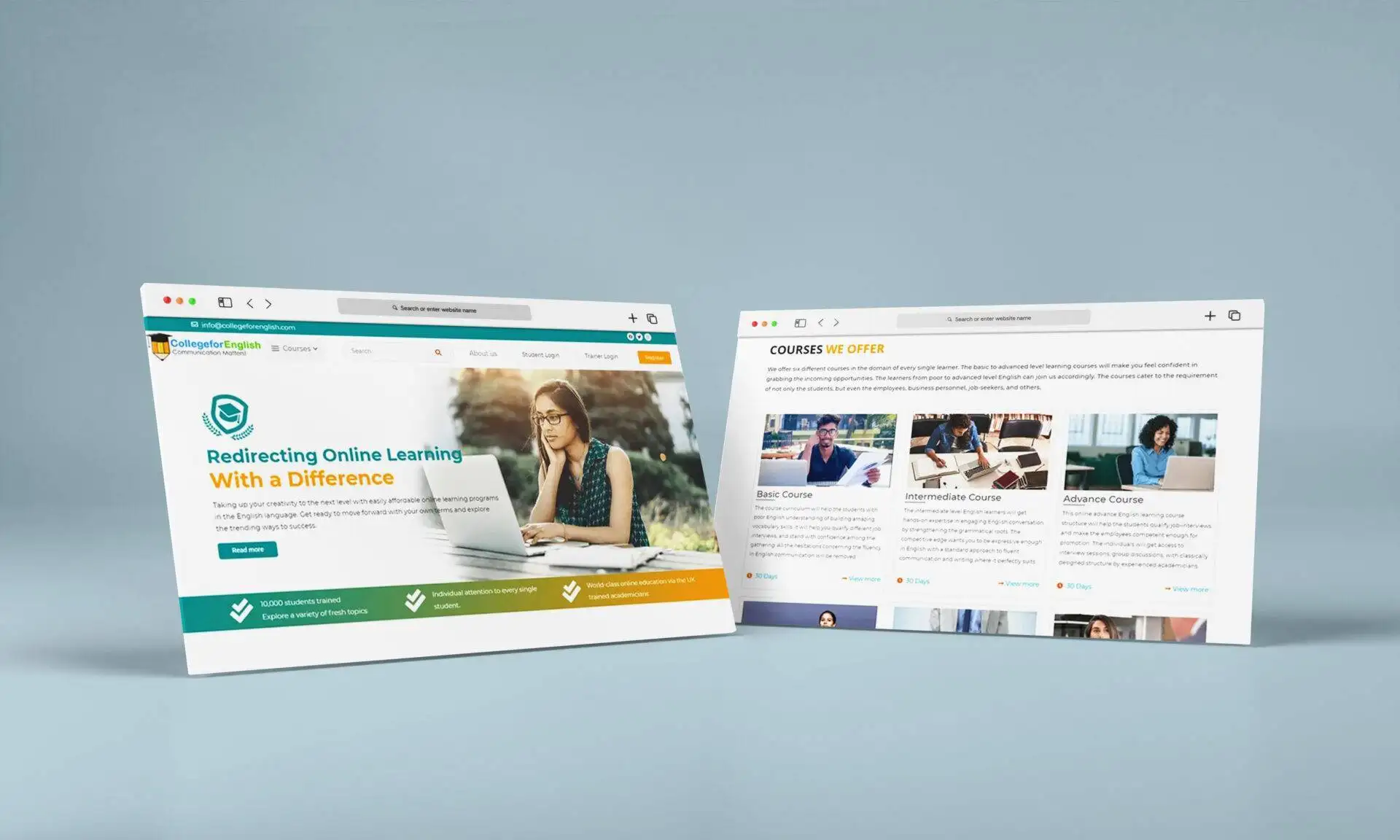


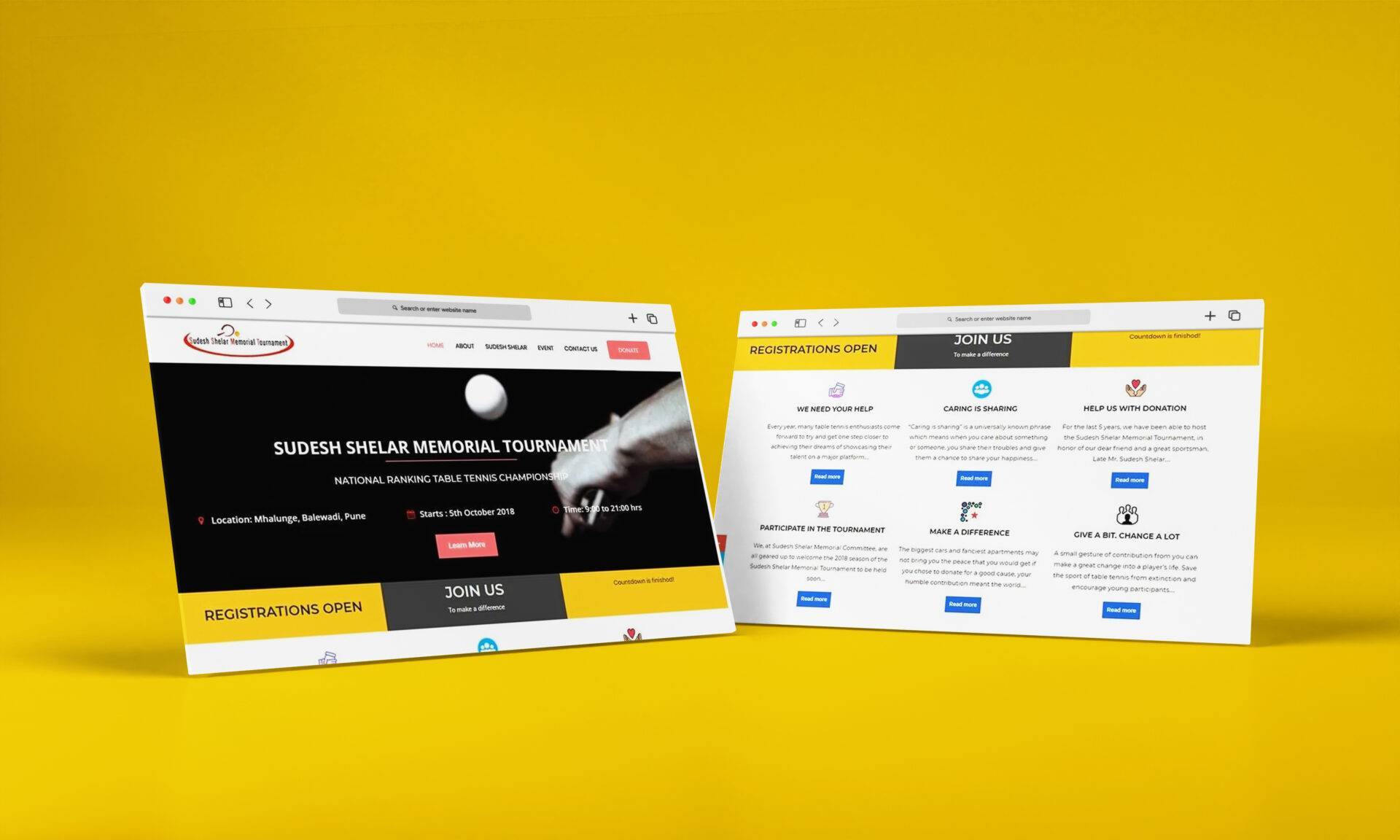
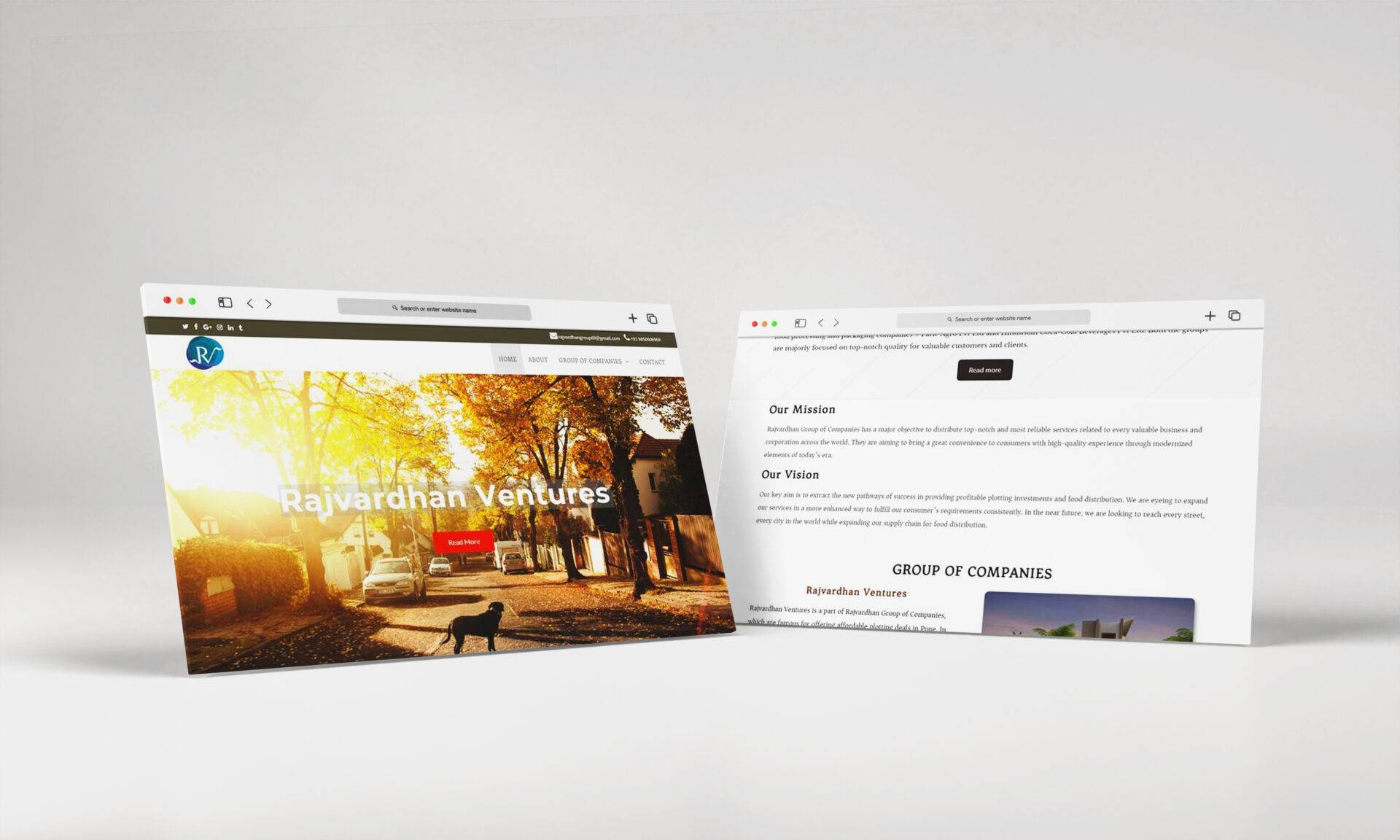
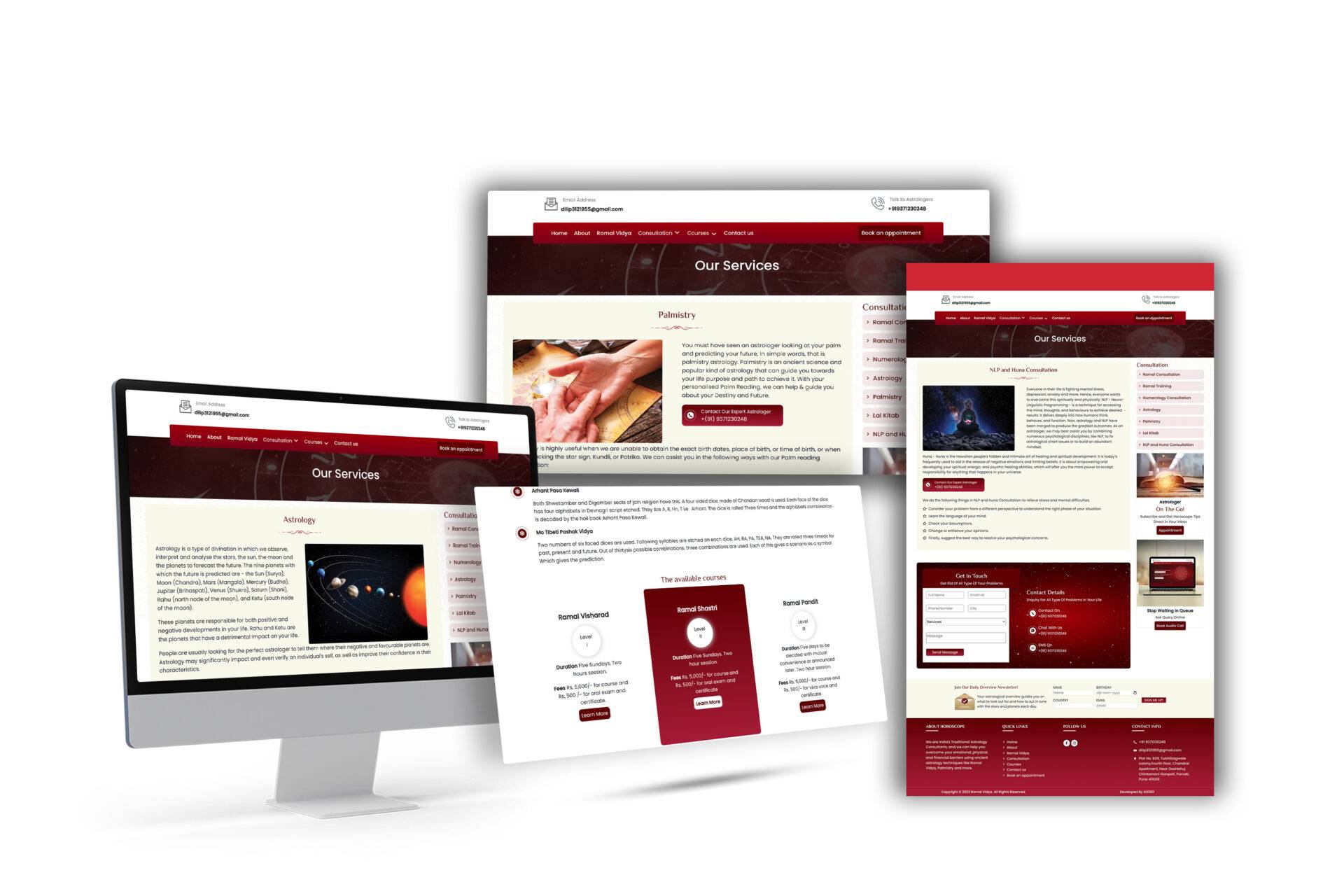
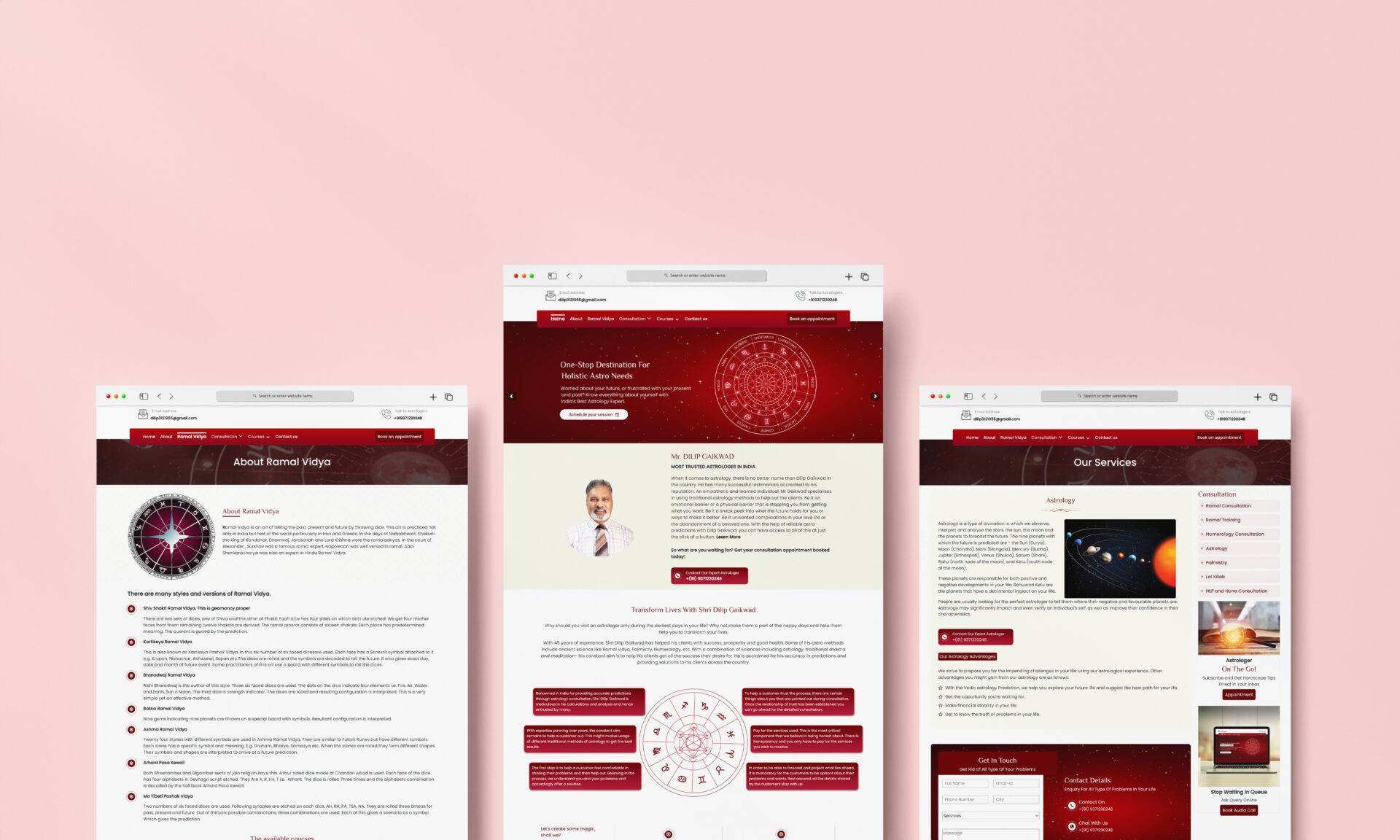
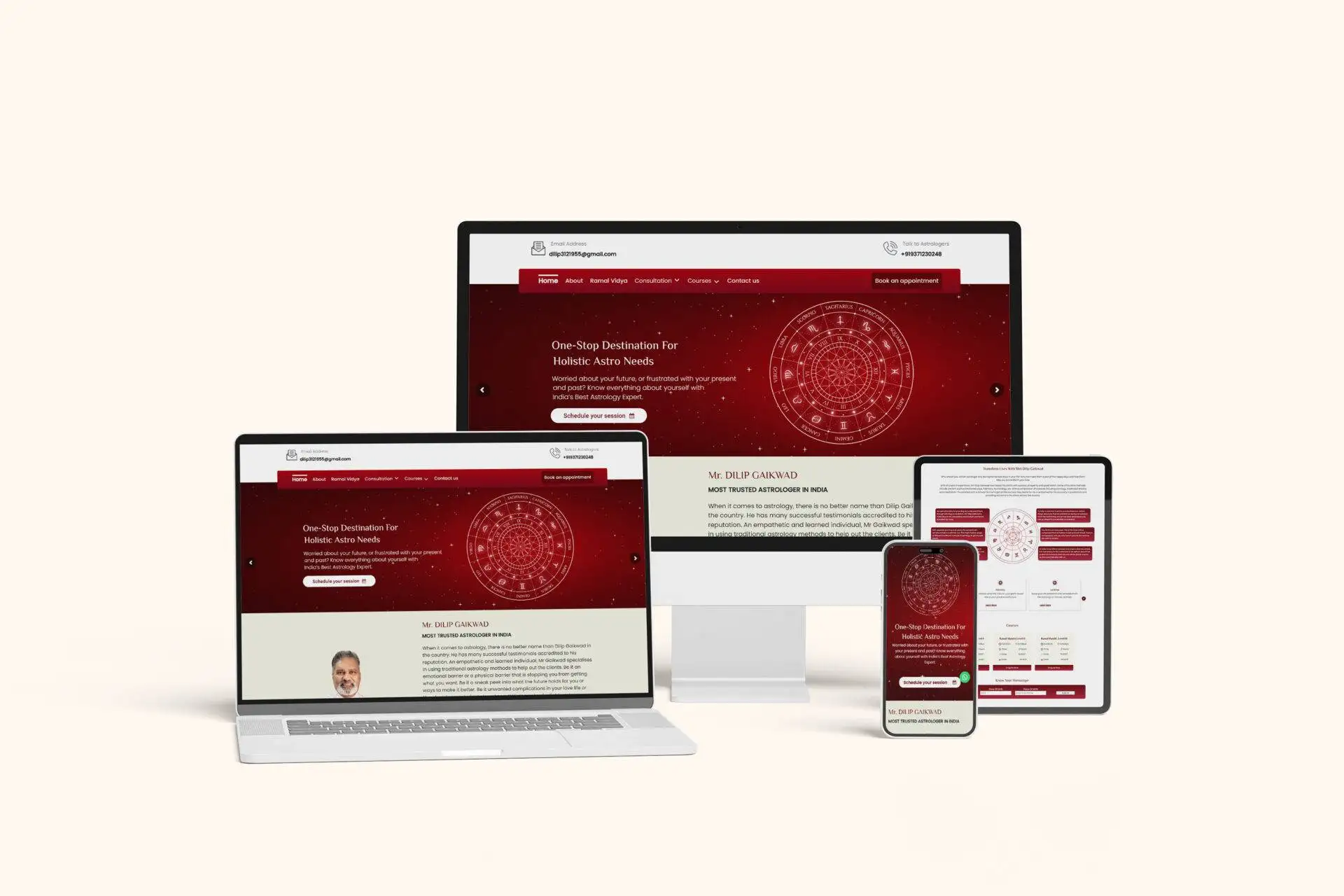
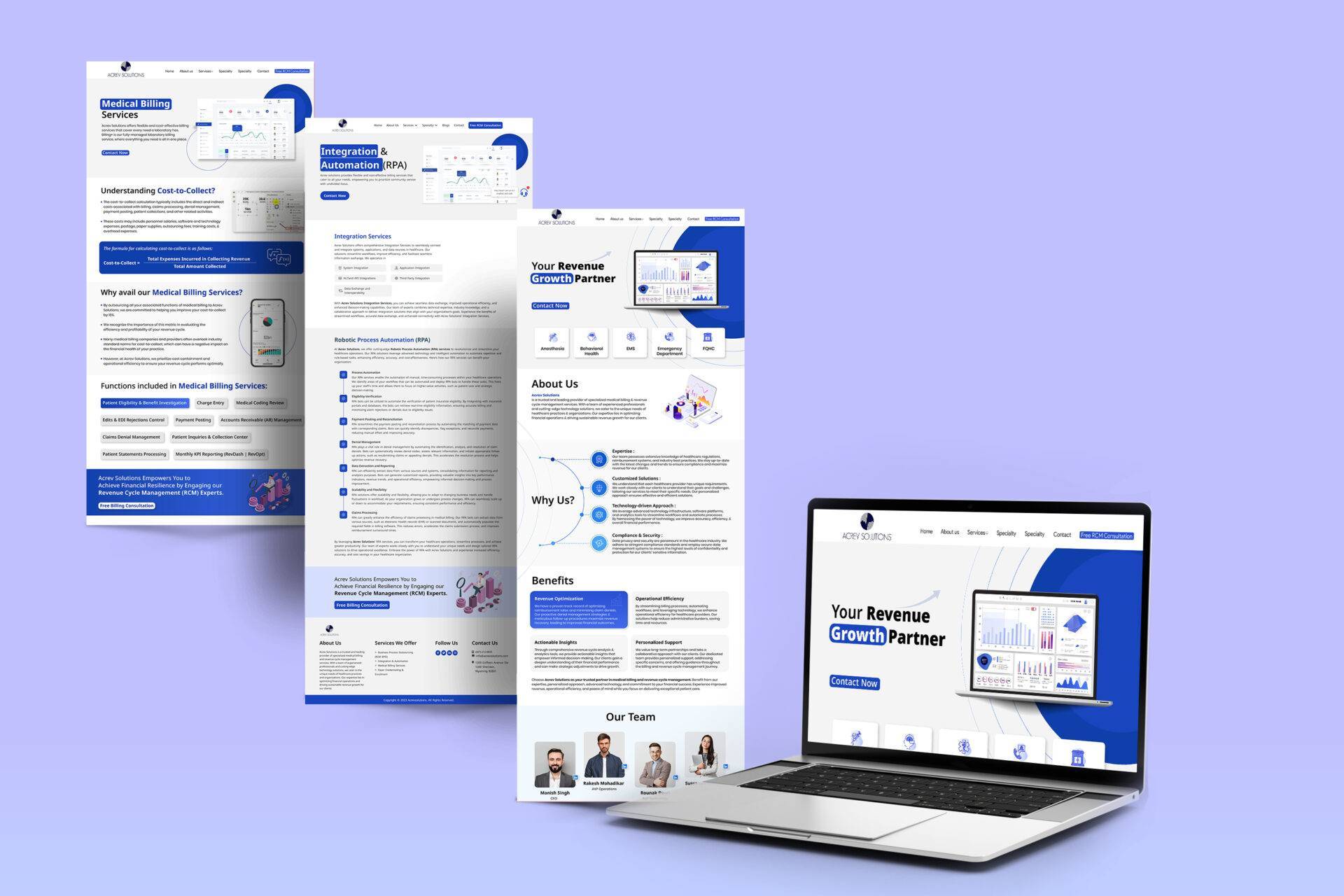





Leave a Reply